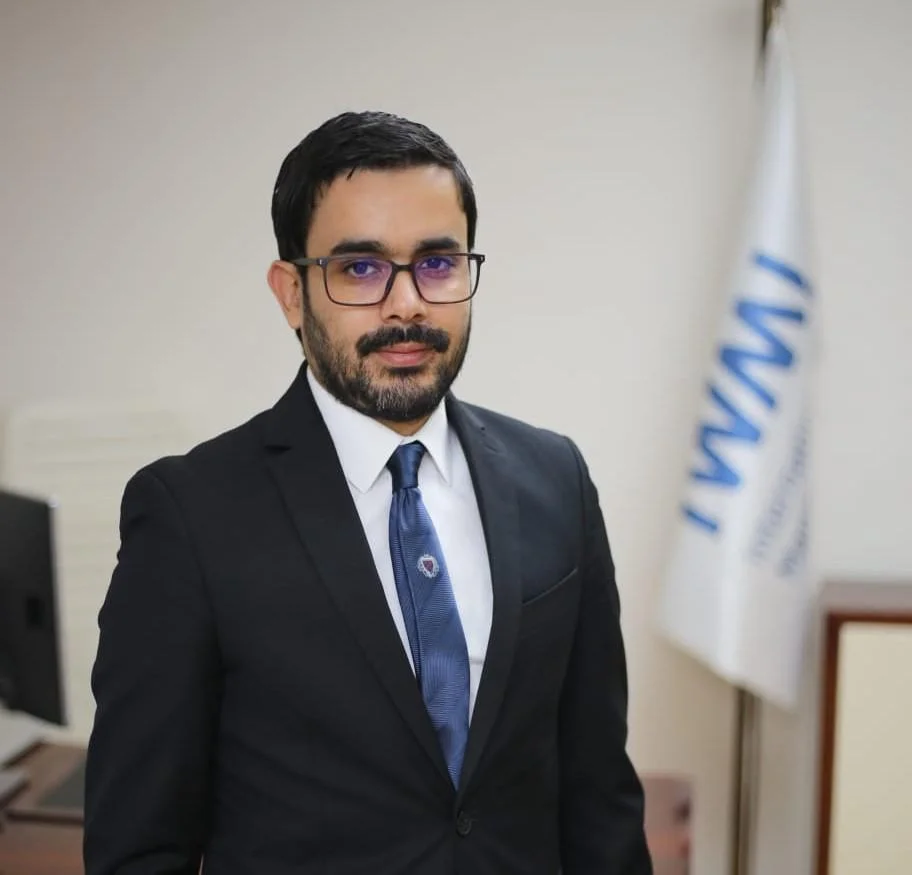Given the somber political context, it is only natural that the next round of climate negotiations, COP28, opening in Dubai on November 30th, may be a minor concern for some.
However, as the Middle East and North Africa (MENA) head of the International Water Management Institute, it is my responsibility and that of my colleagues across the broader science and development community to ensure that vulnerable populations and natural systems from the less affluent regions of MENA, Africa, and Asia, are not the next victims of global warming.
Climate change – caused by an unprecedented concentration of greenhouse gases in the atmosphere – continues to dysregulate weather cycles, leaving communities, livelihoods, and cultures in poorer countries defenseless.
In some cases, climatic events are extreme and unfold in a flash. You can probably vividly recall the disastrous flood and storm that burst two dams upstream of the coastal city of Derna in eastern Libya in September, spewing torrents of mud water, killing thousands, and destroying vital infrastructure.
In contrast, livelihoods can be upended slowly but inexorably when a prolonged drought sets in. In Morocco and Tunisia, for example, year-on-year droughts have depleted essential water reserves and badly impacted the harvests of both rainfed and irrigated crops for the past few years.
With COP28 just days away, I firmly believe in the science, research, and development community’s pivotal role in informing, supporting, and steering the framing of the new Loss and Damage Fund established at the close of COP27 in Sharm-el-Sheikh.
Once operational, the Loss and Damage Fund should support vulnerable communities that have lost homes, livelihoods, critical infrastructure, and ecosystems or have been forcibly displaced by extreme climate events or by the slow, creeping kinds that are droughts and sea level rise.
For years, if not decades, scientists at IWMI, CGIAR (the world’s largest publicly funded agricultural research network that IWMI is a part of), and other research institutions have been identifying, collecting, characterizing, and analyzing evidence of acute, sometimes irreversible climate destruction to ecosystems, people, and growth in general.
But to maintain momentum around the Loss and Damage Fund and ensure it fulfills its climate justice ambition, we must ramp up collaborative work and joint action.
In the MENA region, IWMI has collaborated with various experts, scientists, and policy-makers from Jordan, Lebanon, and Morocco to strengthen drought management, early warning systems, and response to reduce their impact on communities, livelihoods, food, and water systems.
Elsewhere in the global south, IWMI has accumulated valuable evidence of climate-induced losses and damage to water sources, food production levels, land fertility, and livelihoods.
Pooling comparable data from the broader science and research community would maintain the momentum around the operationalization of the Loss and Damage Fund and guarantee that its funding response is fair and reaches the communities most in need.
I expect two questions to dominate discussions around the Loss and Damage Fund at COP28. The first one is “How much?” to determine the adequate level of funding to allocate to specific climate-induced loss and damage scenarios. And the second will be “Who benefits?”
And scientists are uniquely well-placed to answer both. Let’s hear them out.
Dr. Youssef Brouziyne is the Middle East and North Africa (MENA) Regional Representative of the International Water Management Institute (IWMI) and MENA’s CGIAR Water System Lead. He specialises in water management in agriculture, agro-hydrology, river basin management, food security, and climate change across the global south.



